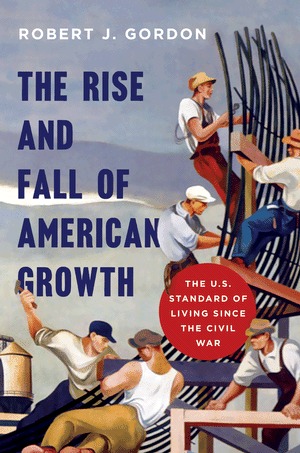How Asia Works
How Asia Works: Success and Failure in the World's Most Dynamic Region
In "How Asia Works," Joe Studwell embarks on a meticulously researched journey through the contrasting economic landscapes of Asia to unravel the secrets behind the region's most dynamic economies. With a keen eye for detail and a storyteller's flair, Studwell examines the policies and practices that have propelled countries like South Korea, Taiwan, and China to global prominence, while others have lagged behind. Through vivid case studies and engaging analysis, Studwell illuminates the critical importance of land reform, manufacturing, and financial system overhauls in these success stories, offering valuable lessons for emerging economies worldwide. This compelling narrative not only dissects the economic strategies that have shaped Asia but also delves into the cultural, political, and historical contexts that have influenced these policies. Studwell's work stands as a testament to the complexity of development and the nuanced interplay between government intervention and market forces. "How Asia Works" is an indispensable guide for anyone seeking to understand the factors that have transformed parts of Asia into economic powerhouses and how these lessons can be applied to foster growth and prosperity in other regions.
3
recommendations
recommendation
Similar recommendations
View all









This site is part of Amazon’s Associates Program. Purchasing books recommended by successful individuals through my links earns us a small commission, helping keep the site running, at no additional cost to you. Thank you for supporting our site!



